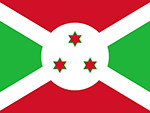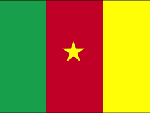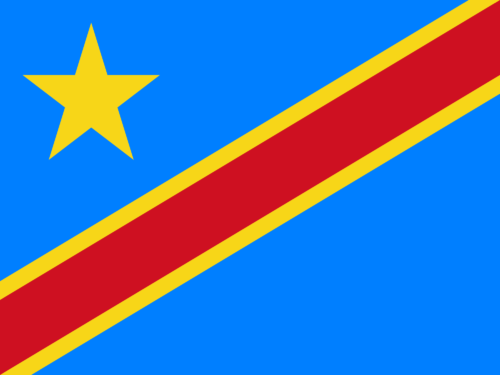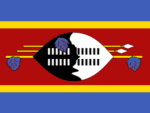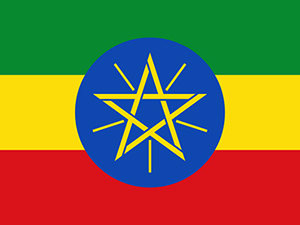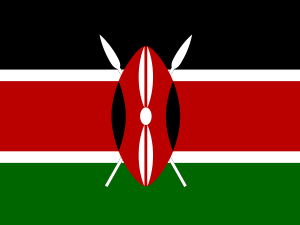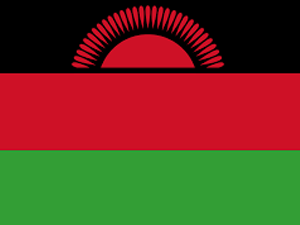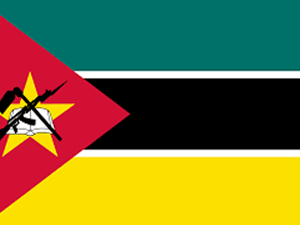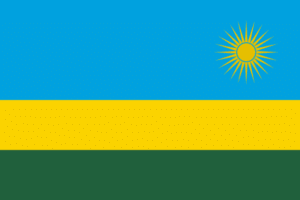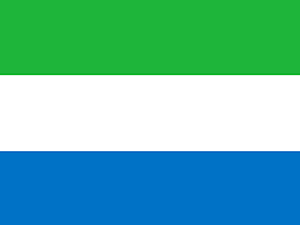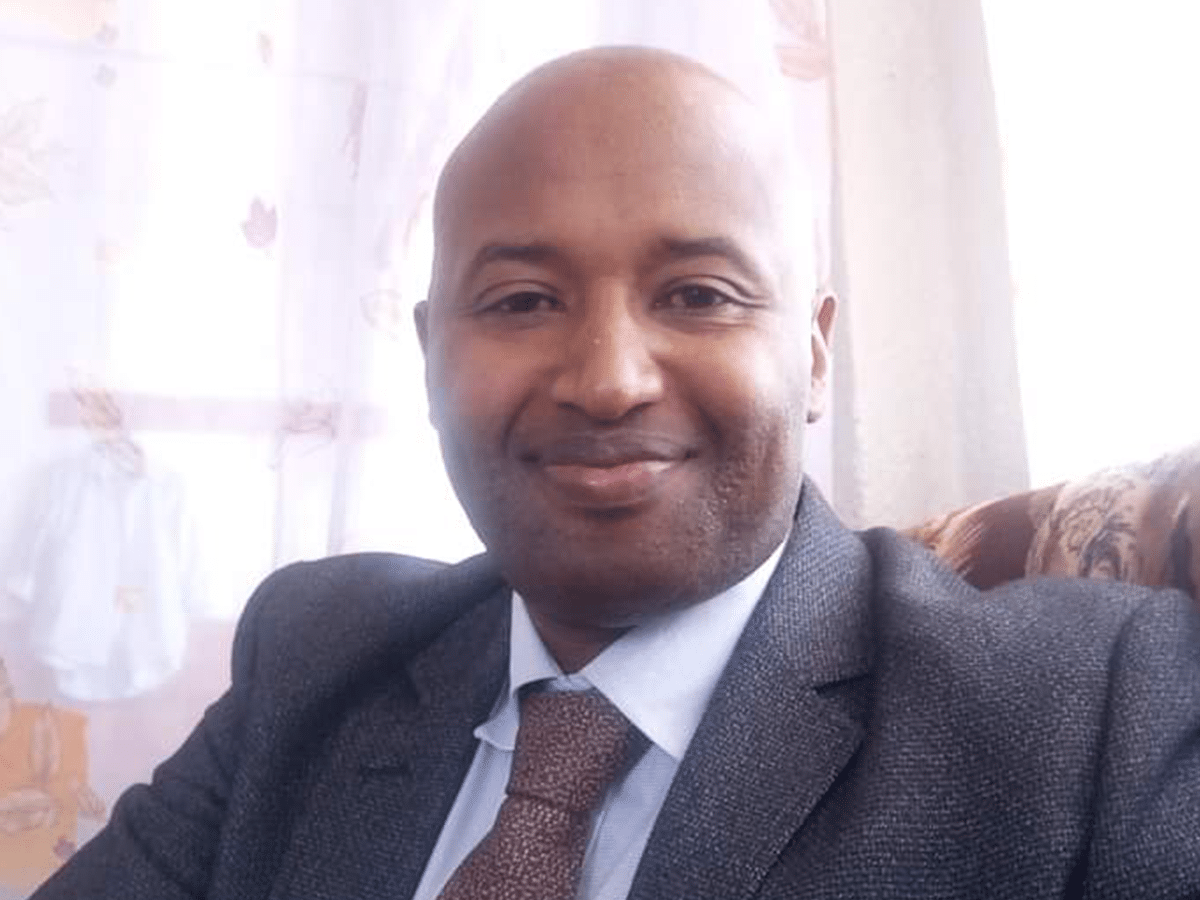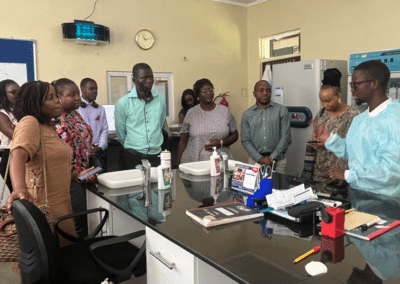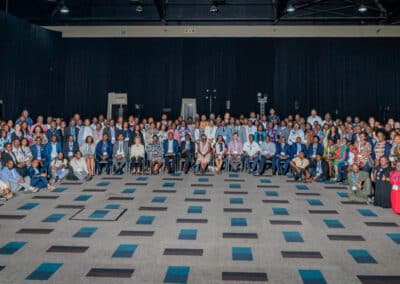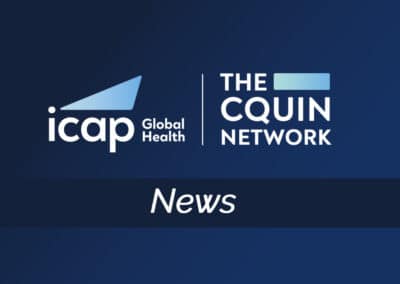Saidi Karemangingo, MD, is the national DSD technical advisor in Burundi, seconded to the Burundi Ministry of Public Health and the Fight Against AIDS by ICAP at Columbia’s CQUIN project. Prior to his current position, Karemangingo worked as the deputy director of the National Program for the Fight Against AIDS and Sexually Transmitted Infections.
For Dr. Karemangingo, the recent CQUIN meeting on Differentiated Service Delivery for Key Populations gave him insights into expanding and improving DSD implementation in Burundi to deliver high-quality HIV services.
Can you tell us about your professional background?
After my medical studies at the University of Burundi, a private hospital in Bujumbura recruited me to work in emergencies. As part of my duties, I was responsible for sending information on HIV recipients of care to Burundi’s national data system as part of the country’s notifying and monitoring system on people living with HIV. This was when the mobilizations and awareness-raising for HIV testing was an extremely sensitive topic.
I then joined the Kamenge Military Hospital as head of polyclinic services for soldiers and their families. The military is one of the high-risk groups for HIV infection, and there, I supported counseling and HIV preventative services to limit the risk of HIV infection.
After working in Burundi for a while, I got a chance to continue my studies at the University of Montreal in Quebec, Canada, where I received a master’s degree in Health Services Management. After my master’s, I worked at the Francophone Health Center of Hamilton in Ontario, Canada, where I was responsible for a prevention project on sexually transmitted infections for drug users and homeless people before returning to Burundi.
What is the state of DSD implementation in Burundi?
The 2016 National HIV Guidelines had already made provisions for Burundi to embrace a differentiated care strategy for people living with HIV. The only differentiated treatment model in the guidelines is a community ART distribution model (PODI), which was piloted in 2019 with the creation of PODIs in the Bujumbura and Gitega provinces. With the support of partners like FHI360, ICAP Burundi has around 1,200 PODIs with 14,000 members, which represents roughly 19% of the active queue. Other actors, particularly the Global Fund via the Burundi Red Cross, and ICAP with the support of the CQUIN project, come at the right time to intensify DSD services. The COVID-19 pandemic also contributed to the acceleration of multi-month ART dispensing. Burundi is now prioritizing the revision of guidelines and tools to offer a diversity of differentiated services delivery models, better coordination of interventions in the field, a better monitoring and evaluation system to integrate data into the national information system health, as well as country exchanges and sharing of south-to-south experiences.
What do you hope to achieve in your new role as the DSD advisor?
My focus is to ensure that Burundi improves the suboptimal DSD performance indicators on the CQUIN dashboard through different interventions. First, I hope to improve coordination with the various partners and stakeholders working in the HIV program in Burundi to better integrate services provided to people living with HIV. I also hope to extend the DSD models to more high-volume sites in the provinces by supporting Burundi’s National HIV/AIDS Program, PNLS. I hope to support the sites in DSD implementation through mentorship, training and coaching, site visits, supervision, among other approaches. I also hope to extend the DSD model to specific groups such as key populations and pregnant women. If we can harmonize these services, with a good monitoring and evaluation system, we can set standards across the board that will ultimately help us improve the quality of healthcare delivery to decrease the incidence of HIV and increase treatment adherence for people living with HIV.
What do you hope Burundi can achieve as part of the CQUIN network?
I am very excited about the learning opportunities and south-to-south exchanges that will help improve DSD implementation. These exchanges will be a good opportunity for Burundi to share best practices that have contributed to decreasing HIV prevalence in Burundi while adopting successes that have made differences in other network countries.


